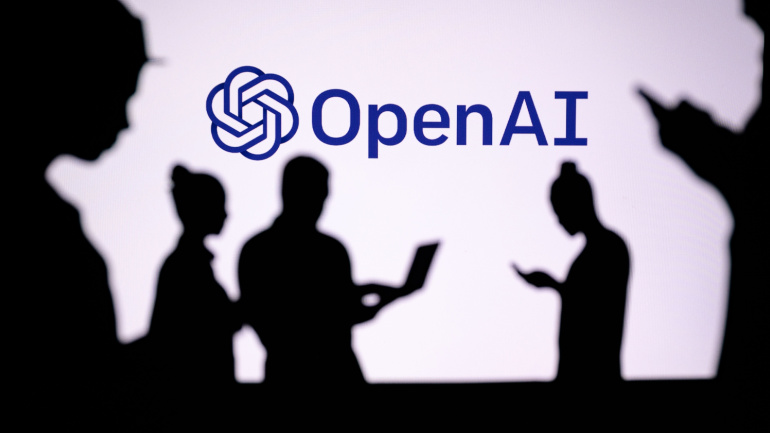As Germany’s “Gigabit funding 2.0” program faces potential budget reductions, there’s concern it may throttle the rollout process with overcrowded construction capacity, causing a potential lag in projects. Meanwhile, the Federal Ministry for Digital Affairs declares a €3.6 billion allocation for the ourishing fibre-optic network industry.
OpenAI is fortifying its internal safety protocols in response to growing concerns about the potential risks of artificial intelligence. The company has introduced a “safety advisory group” that will operate above its technical teams, offering recommendations to leadership, with the board wielding veto power—though the likelihood of its exercise remains uncertain.
Nokia, in collaboration with the HellasQCI consortium, has achieved a significant milestone in the realm of quantum-safe connectivity infrastructure. The joint initiative aimed to assess the viability of quantum-safe solutions across diverse sectors, including government, research, education, defense, law enforcement, and private sector critical infrastructure owners.
Viasat, Inc., a global front-runner in satellite communications, has launched its innovative Business Choice internet service plans, ushering in a new era of high-speed and reliable connectivity for small-to-medium businesses nationwide. These plans cater to businesses in the most remote areas, where traditional internet services fall short, enabling them to leverage essential digital tools for optimal operations.
Broadband users face the most disruptions during peak hours, particularly at 11 am on Fridays or Wednesdays, according to a recent survey. The study pinpointed additional vulnerable time slots between 6 pm and 9 pm, 2 pm and 3 pm, and 10 am. The primary culprit for disconnections, as reported by users, is broadband provider outages, accounting for a majority of the incidents. Other contributors include power cuts (42%), planned maintenance to external cables (18%), and router issues (17%).
As Santa Claus gears up for his global sleigh ride, Verizon’s holiday tech squad is set to collaborate with the North American Aerospace Defense Command (NORAD) for the 21st consecutive year. In a bid to enhance NORAD’s capabilities in tracking Santa’s journey on Christmas Eve, Verizon will leverage its robust network infrastructure.
Several prominent German telecoms associations, including ANGA, Bitkom, BREKO, BUGLAS, and VATM, have united in a call to the German government, urging a reduction in funding for fibre-optic projects. Citing concerns over the overwhelming response to the German Gigabit funding program, the associations propose a cut in funding to €1 billion between 2024-2026.
In a groundbreaking move, Iliad and Vodafone are set to join forces in a strategic merger that has gained unanimous support from Iliad’s board of directors and its primary shareholder, Xavier Niel. The proposal aims to amalgamate Iliad’s ‘innovative approach to connectivity, affordability, and digital inclusivity’ with Vodafone’s expertise in the business-to-business (B2B) sector.
In a swift response to Tuesday’s widespread cyber-attack, Kyivstar, the Ukrainian subsidiary of global digital operator VEON Ltd., has successfully restored mobile internet services nationwide, encompassing all communication standards, including 4G. International roaming services have also been reinstated within the past 24 hours, marking a significant recovery effort.
SpaceX’s Starlink project faced a setback this week as the Federal Communications Commission (FCC) voted 3-2 to maintain its decision to deny funding from the Rural Digital Opportunity Fund (RDOF). The initial award in late 2020 aimed to extend broadband coverage to nearly 643,000 premises in 35 states.













